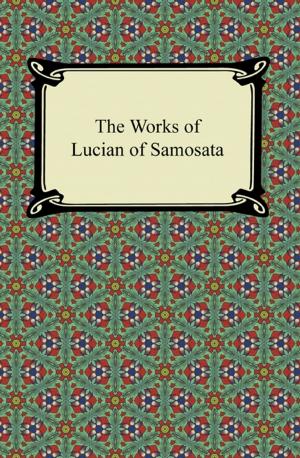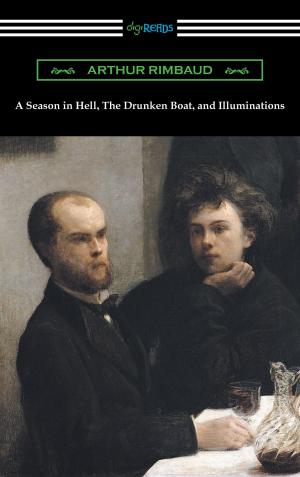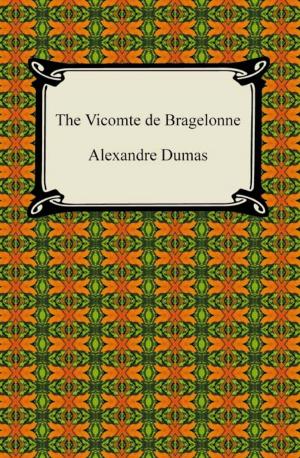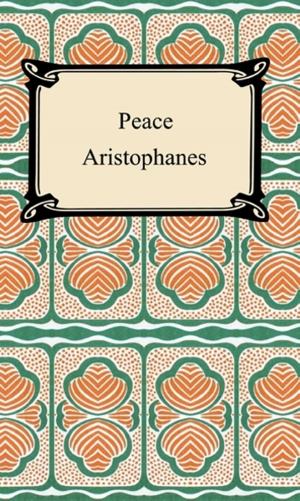| Author: | Li Po | ISBN: | 9781420943726 |
| Publisher: | Neeland Media LLC | Publication: | December 15, 2009 |
| Imprint: | Digireads.com Publishing | Language: | English |
| Author: | Li Po |
| ISBN: | 9781420943726 |
| Publisher: | Neeland Media LLC |
| Publication: | December 15, 2009 |
| Imprint: | Digireads.com Publishing |
| Language: | English |
Li Po (701-762) rivals Du Fu for the title of China's greatest poet, and is considered to be the great Romantic poet of the Tang Dynasty (618-907). He grew up in Sichuan province, China, and set out at the age of twenty-five to travel in the country, writing poems. A well-read student of both Confucianism and Taoism in his youth, and later an unofficial court poet, Li Po is credited as the author of over one thousand poems about wine, friendship, nature, solitude, and time. His works are revered for their exquisite imagery, rich and effortless language, and cadence although some critics admonished his violation of traditional poetic form. The poet was a member of a group in Shandong called the "Six Idlers of the Bamboo Brook," an informal group dedicated to literature and wine. Popular legend tells that an intoxicated Li Po drowned after falling from his boat in an attempt to embrace the reflection of the moon in the Yangtze River.
Li Po (701-762) rivals Du Fu for the title of China's greatest poet, and is considered to be the great Romantic poet of the Tang Dynasty (618-907). He grew up in Sichuan province, China, and set out at the age of twenty-five to travel in the country, writing poems. A well-read student of both Confucianism and Taoism in his youth, and later an unofficial court poet, Li Po is credited as the author of over one thousand poems about wine, friendship, nature, solitude, and time. His works are revered for their exquisite imagery, rich and effortless language, and cadence although some critics admonished his violation of traditional poetic form. The poet was a member of a group in Shandong called the "Six Idlers of the Bamboo Brook," an informal group dedicated to literature and wine. Popular legend tells that an intoxicated Li Po drowned after falling from his boat in an attempt to embrace the reflection of the moon in the Yangtze River.















